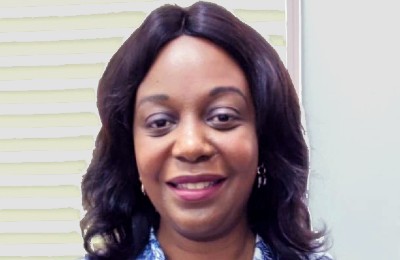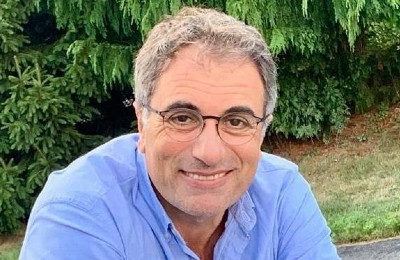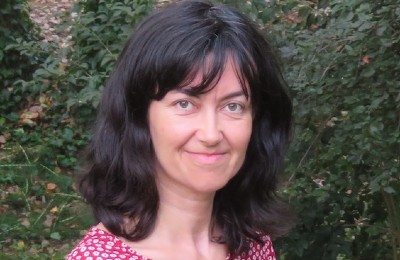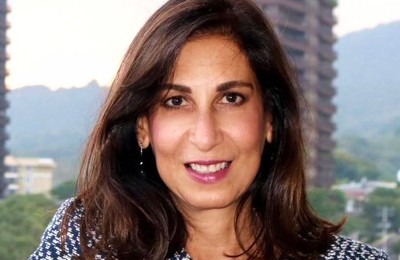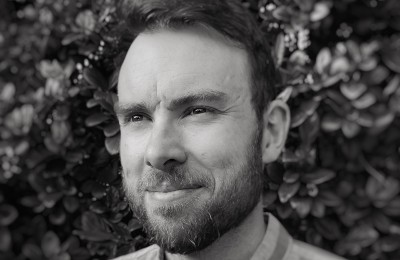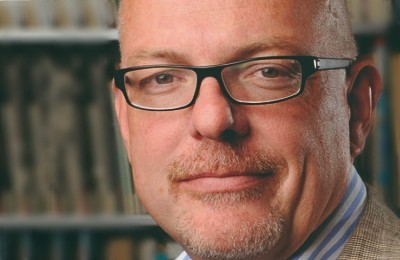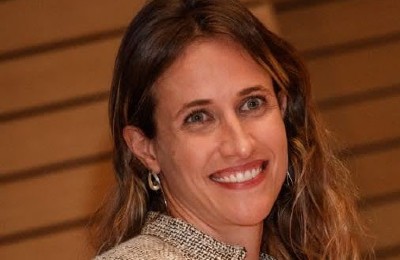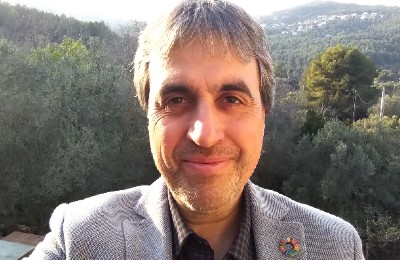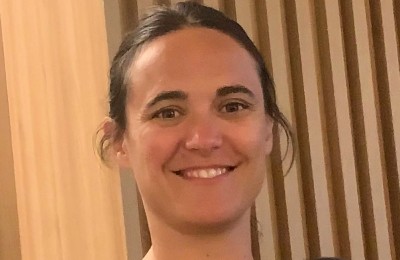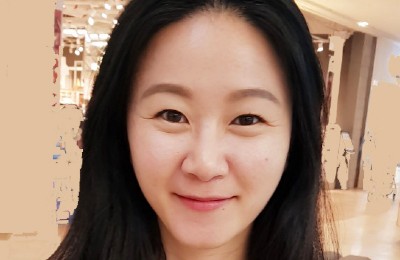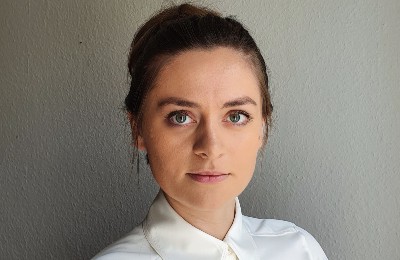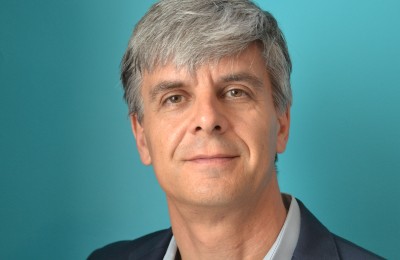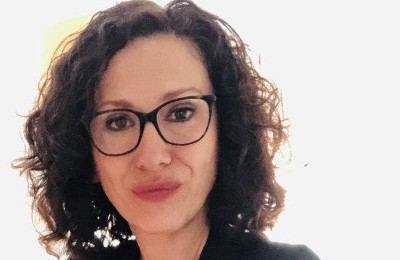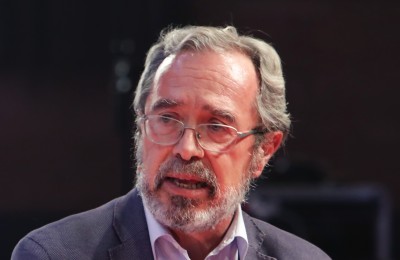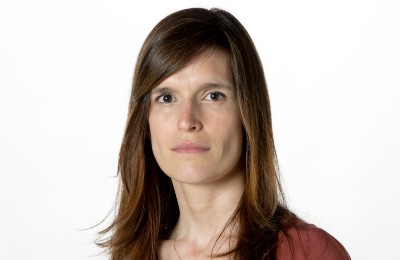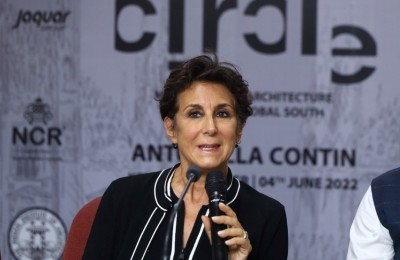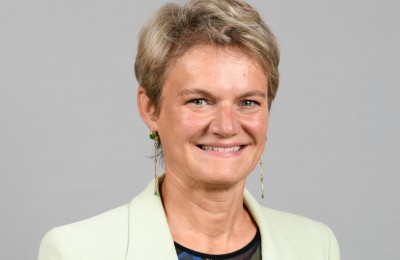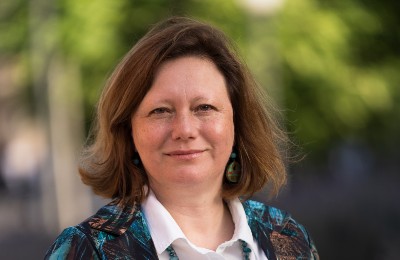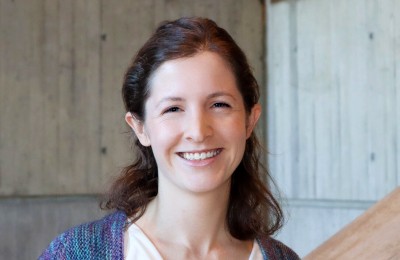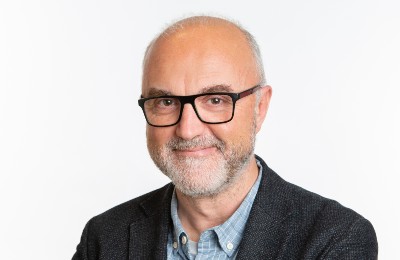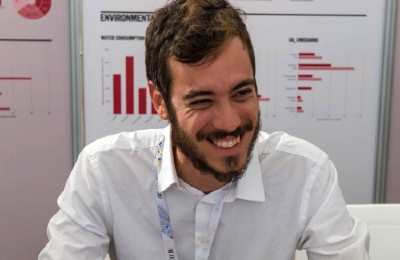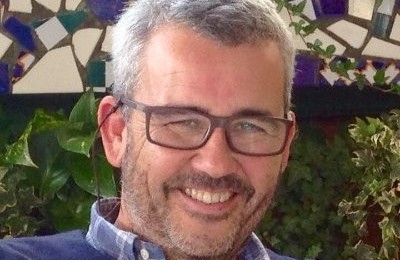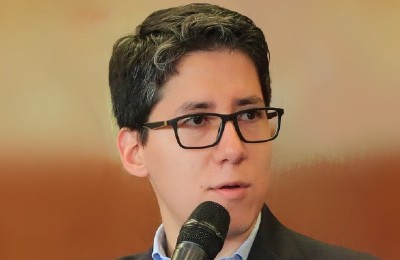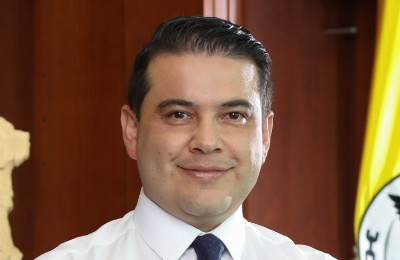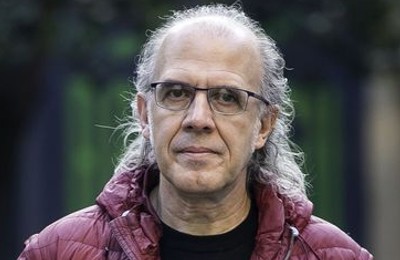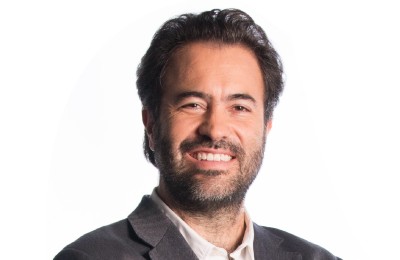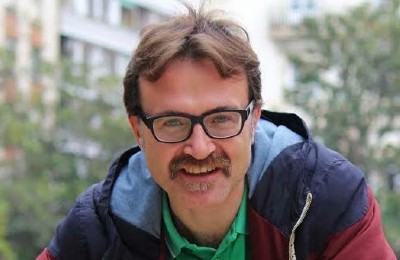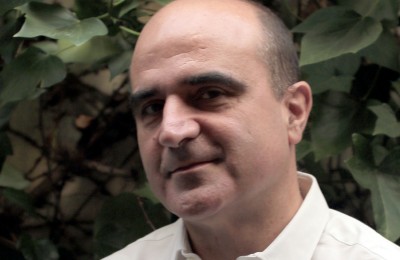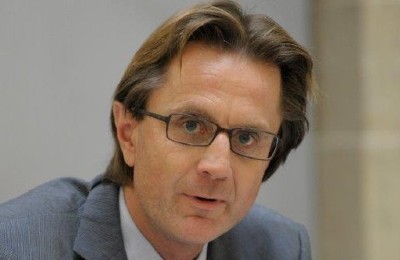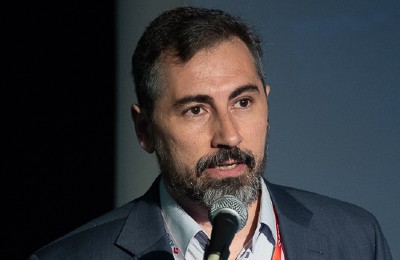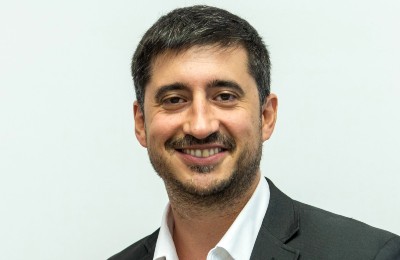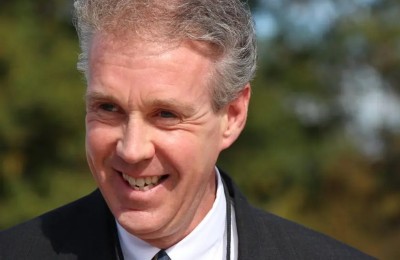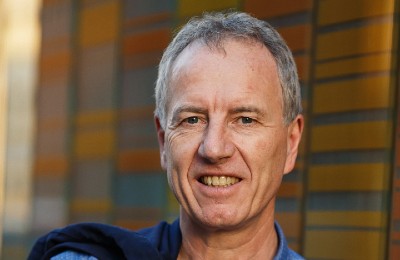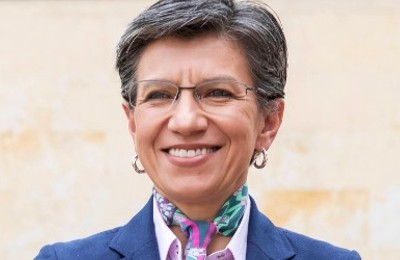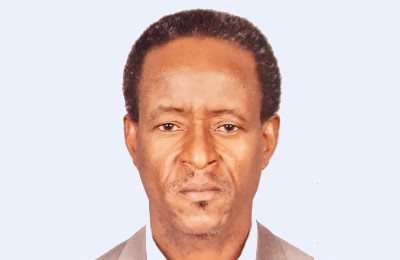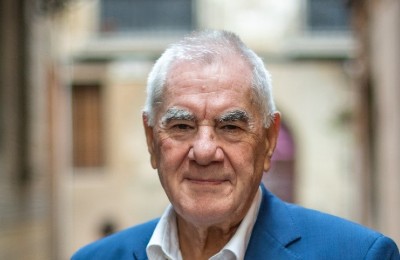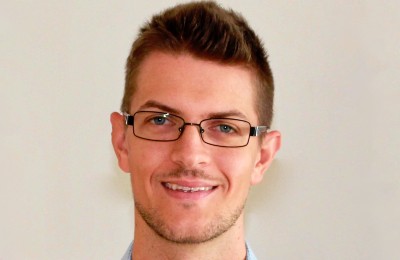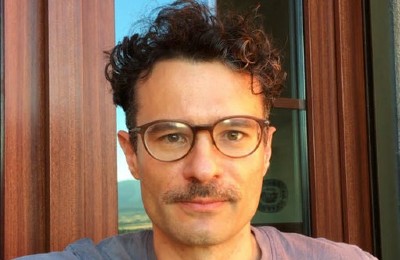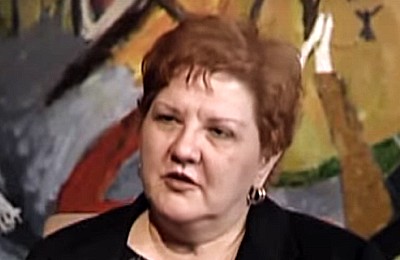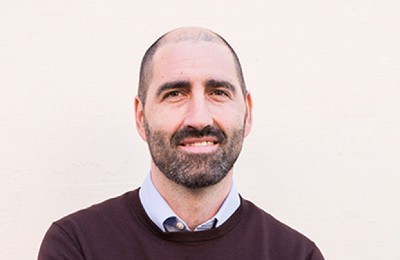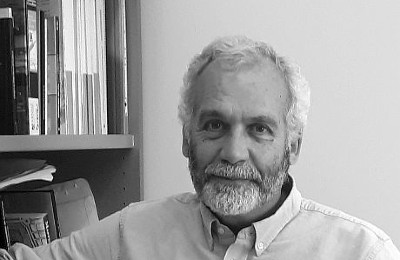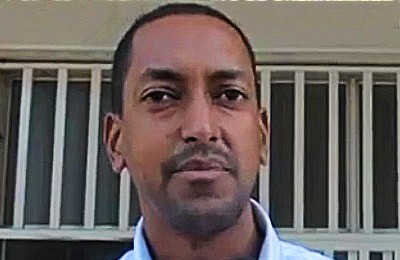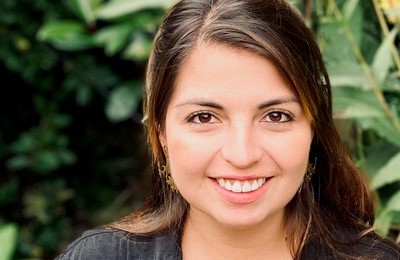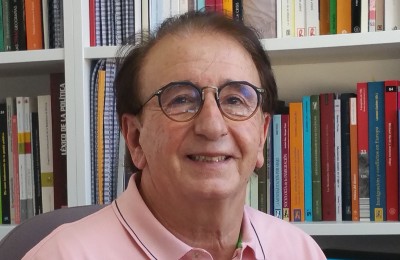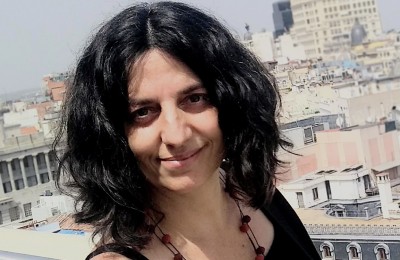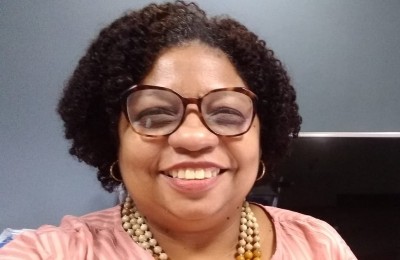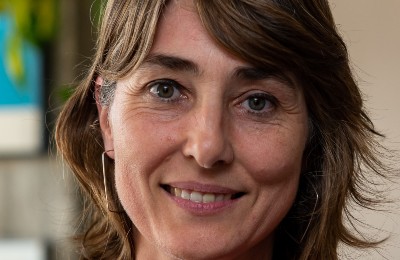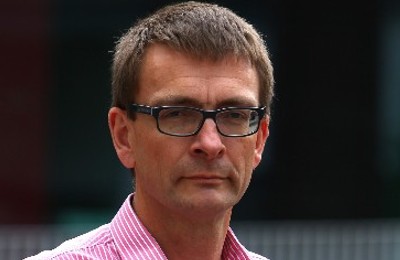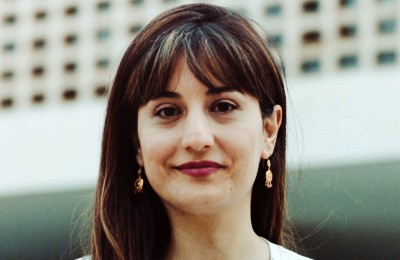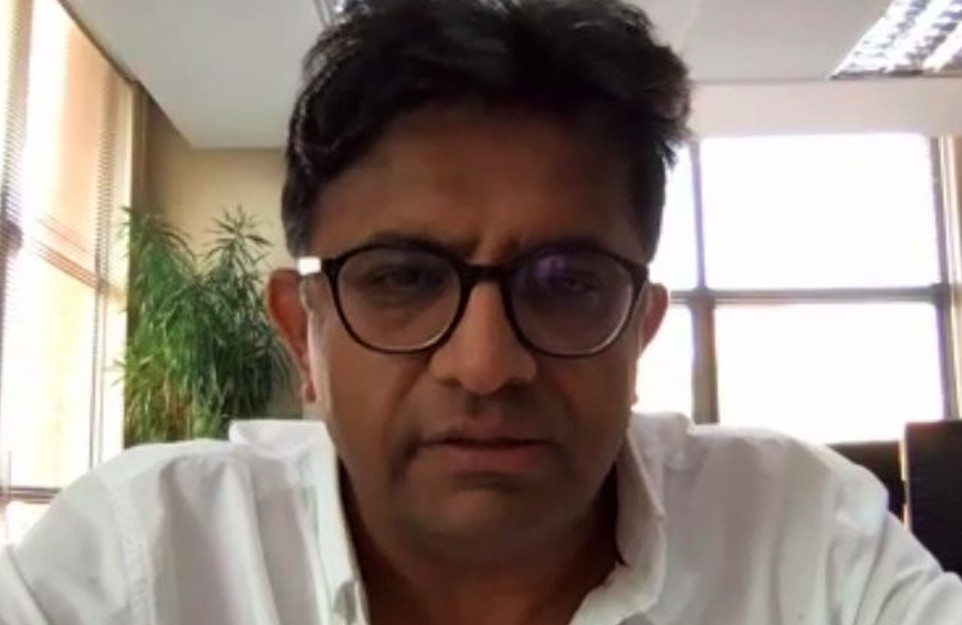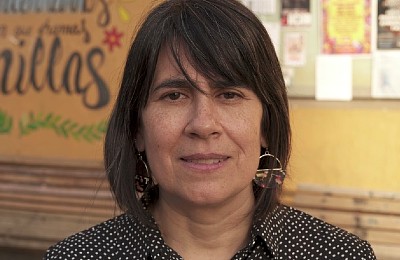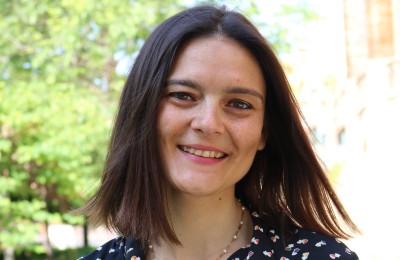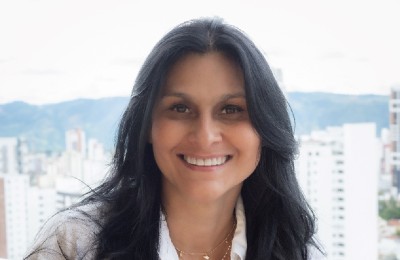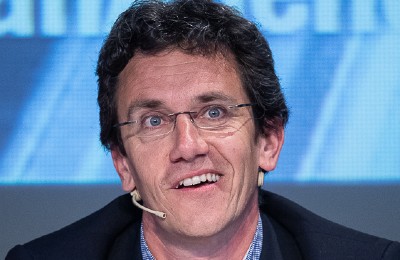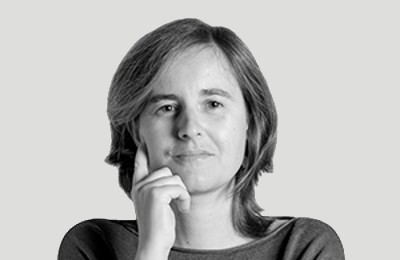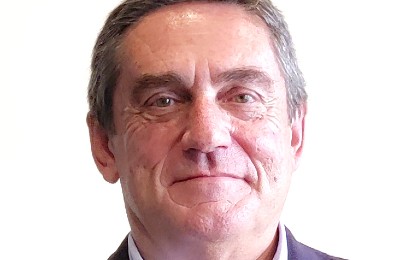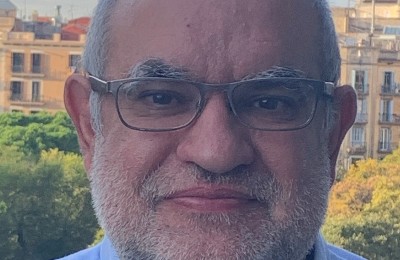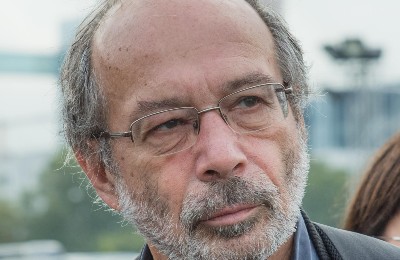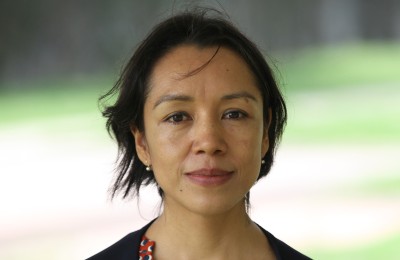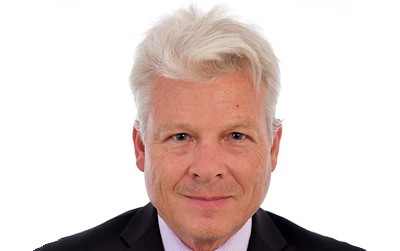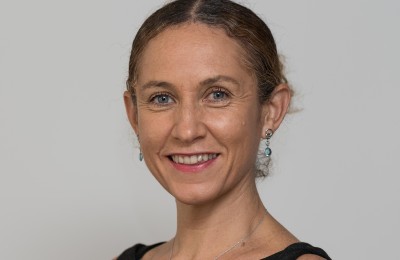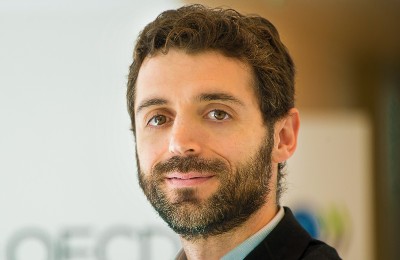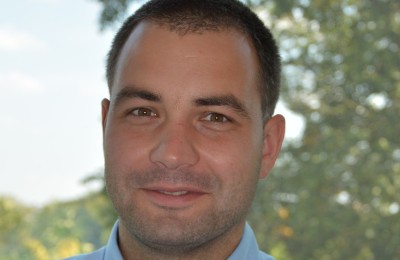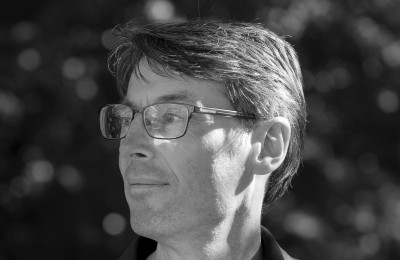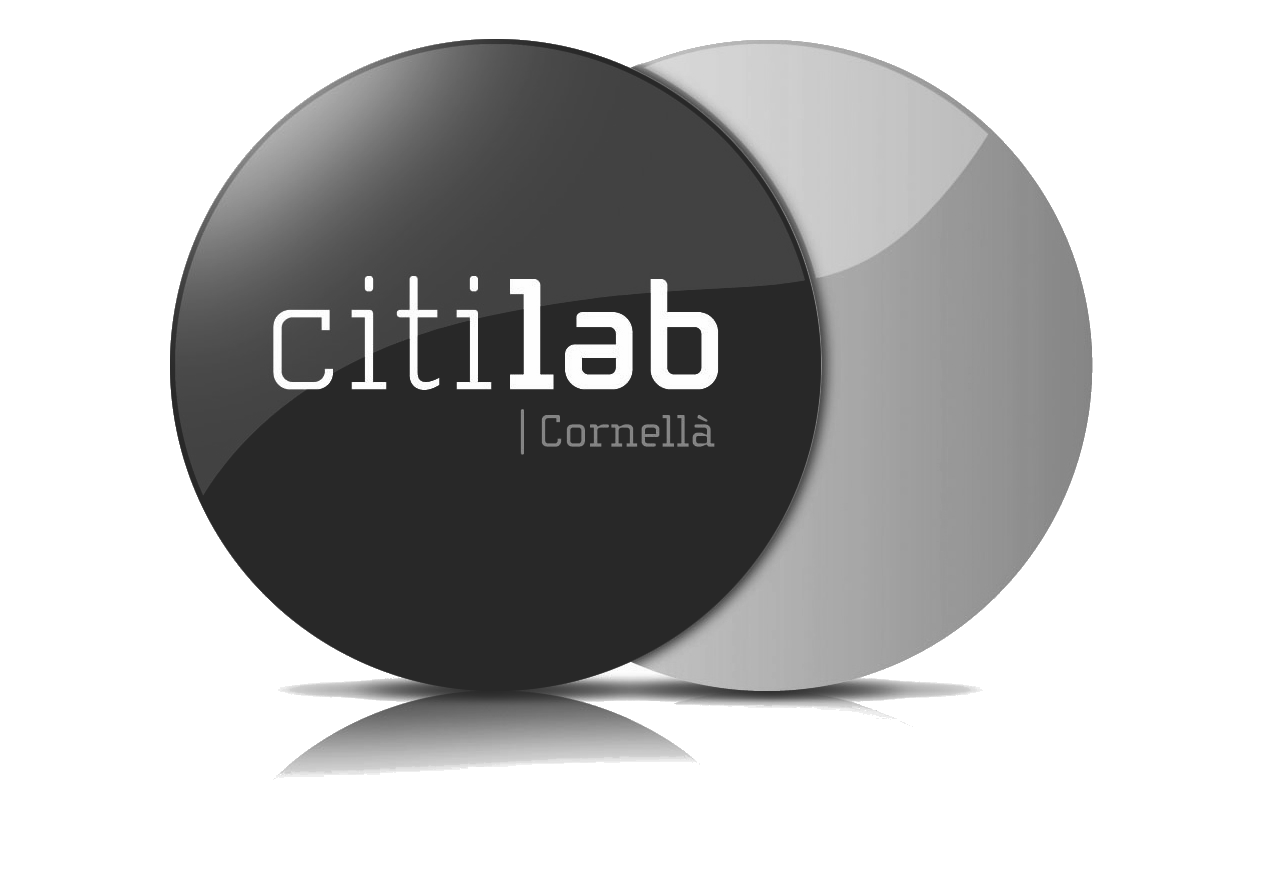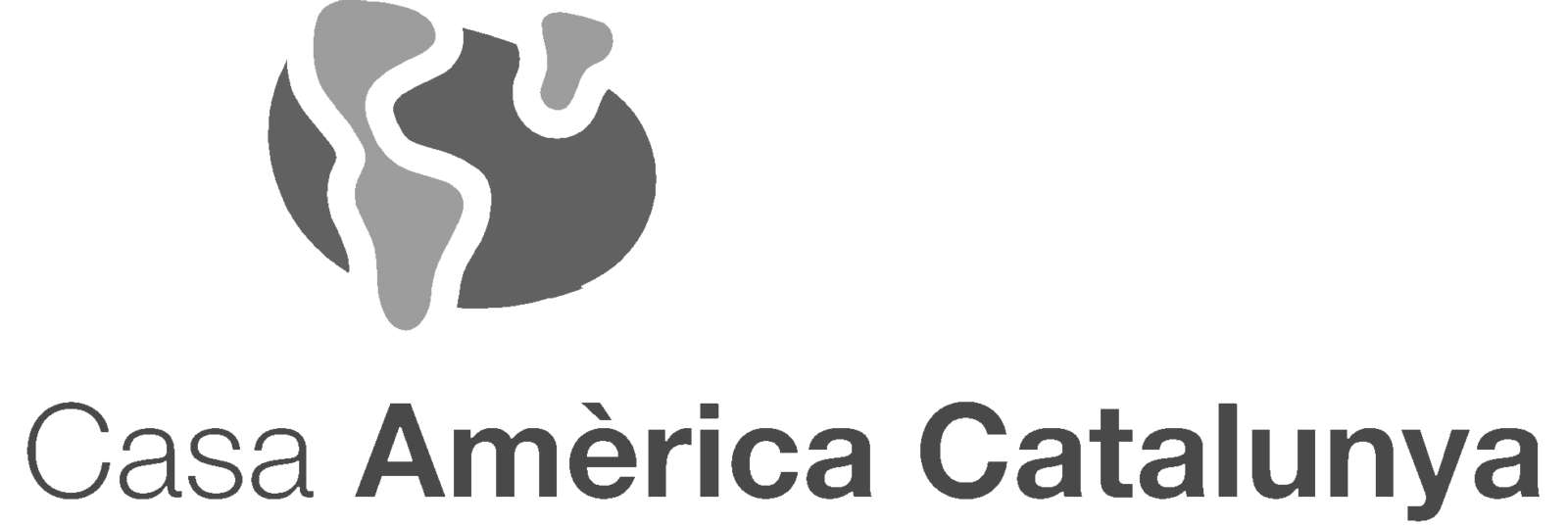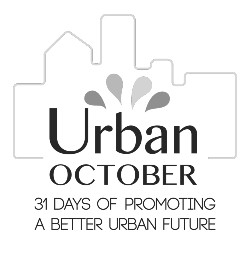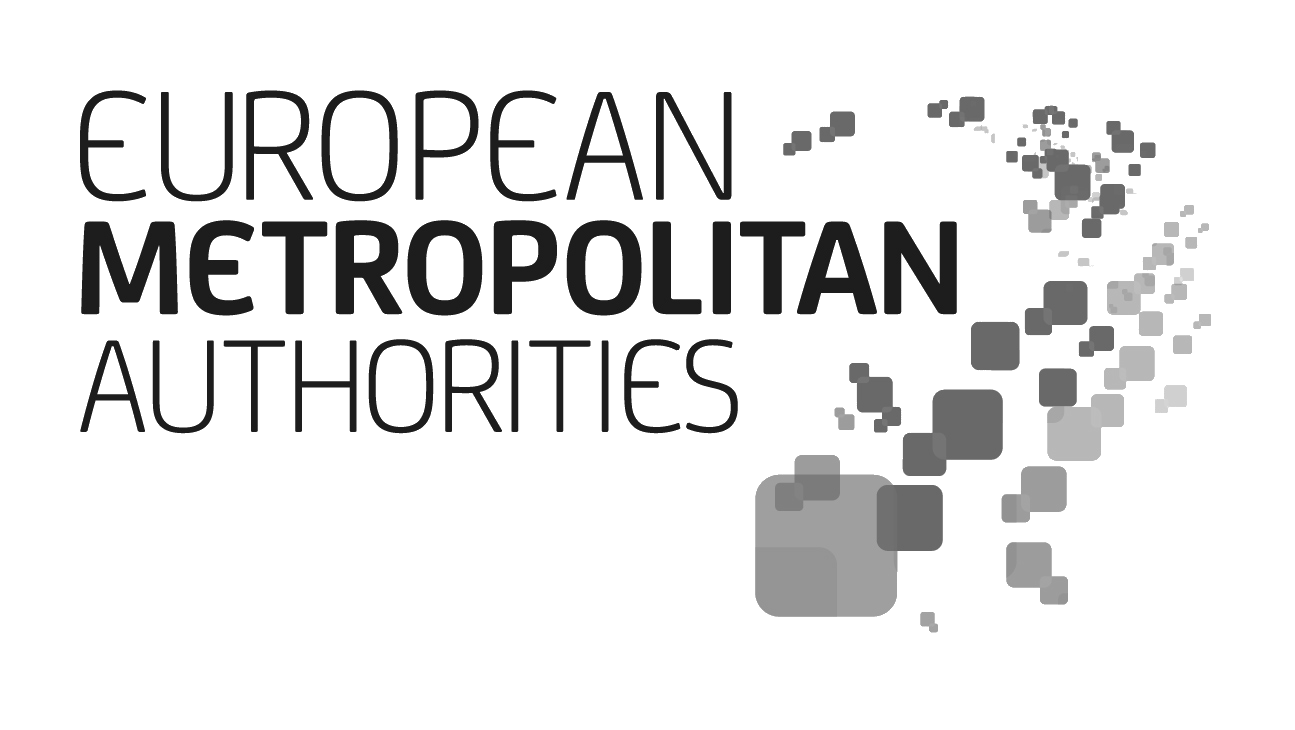
MetroSolutions
Looking at innovation for the metropolises of tomorrow
Presentation
Metropolitan solutions: local innovation for achieving global Sustainable Development Goals
In 2015, the Montreal Declaration on metropolitan areas sought to contribute to sustainable urban development as set out in the 2030 Agenda and recognised the importance of metropolitan areas in achieving this. It included the transformations that had to take place in order to build solidarity-based, inclusive metropolises that respect biodiversity and the natural, cultural and landscape heritage. It also addressed demands such as the right to the city, metropolitan governance, fair funding and the recognition of diversity.
The New Urban Agenda, adopted at the UN Habitat III conference in 2016, laid out the plan for a paradigm shift based on the science of cities. It established standards and principles for the planning, construction, development, management and improvement of urban areas, in accordance with political, social, economic and environmental challenges.
The Barcelona Metropolitan Area (AMB) took up the mandate of the New Urban Agenda and in 2018 held the international congress Post-Habitat III, dedicated to analysing the future challenges of metropolises. In 2020, at the World Urban Forum, held in Abu Dhabi, a joint strategy was defined with UN-Habitat, which gave rise to the Memorandum of Understanding signed between this United Nations agency and the AMB.
In 2022, the MetroSolutions international congress, organised by the AMB, presented and discussed possible solutions that different metropolises around the world are offering in response to the major threats and challenges they face. In a global context of urbanisation and metropolisation, metropolitan solutions take the form of joint strategies and metropolitan policies that help metropolises move towards the goals of global development agendas. They also emerge as innovative responses to major metropolitan challenges and citizens’ needs. Metropolitan solutions must enable us to achieve the goals set promptly and appropriately. They involve policies or programmes that are: (1) linked to metropolitan policy and plans, (2) multidimensional (on a social, economic and community scale, among others), (3) multi-actor, because they bring together the various players in the territory (public, private and non-profit), (4) multi-level (not only on a metropolitan scale), (5) innovative, (6) inspired by the challenges of global development agendas and respond to them, while they also: (7) contribute to urban construction, (8) combine a type of action that emerge from the sum of infrastructures and programmes, and are evaluable for the whole population and in all territories (they are inclusive for people and for cities), (9) are ideally built with the participation of citizens and key actors, and (10) are adaptable and transferable to other metropolises.
With 2030 on the horizon, the AMB Area for International Relations and Cooperation continues to work with the objective that metropolitan areas be able to build the necessary support networks to become political actors at the service of citizens, with the aim of achieving the goals of the 2030 Agenda and the New Urban Agenda. Thus, together with UN-Habitat and a group of national and international experts, we are working on debating, defining, characterising, identifying and transferring metropolitan management and action solutions that bring us closer to the goals set in the global agendas, so that the world becomes economically fairer, socially more equitable and environmentally sustainable.
Contents
Anatomy of metropolises: definition, scope, governance and association, services provision, relationship with other levels of government and relationship with the rural environment.
Implementation of metropolitan policies for economic, social and territorial inclusion and cohesion; strategies and actions to take into consideration citizens’ interests and needs (diversity, gender…) within metropolitan policies and services; and equality of citizens’ rights and obligations.
Public administration modernisation in relation to the digital and ecological transition; implementation and design of metropolitan strategic infrastructures; innovation to address the post-covid era; strategies to transform fast-growing metropolises within impoverished territories with scarce resources; and consolidating cities in territories in conflict situations.
FAQs
A solution is an effective response to a problem, question or issue.
To a metropolitan need, demand or challenge.
Identify challenge. Then, provide solution.
- They are connected to metropolitan policy and plans
- They are multidimensional (social, economic, community dimension…)
- They are multi-stakeholder (private sector, public sector, non-profit…)
- They are multilevel (not only at metropolitan level)
- Innovative in nature
- Inspired or responding to the Global Development Agendas
- Contribute to urban construction
- Combine a typology of actions resulting from the sum of infrastructures and programmes, and are evaluable for the whole population and the whole territory (inclusive: for people and for cities)
- Ideally built with the participation of citizens and key stakeholders
- They are scalable to other metropolises and challenges
Experts
Documents
Metropolises on the 2030 horizon
17-18.2023 | Citilab | Cornellà de Llobregat | Metropolis Barcelona
MSo Congress 2022
International experts have gathered on the MetroSolutions international congress (2022) to present and discuss on possible innovative solutions that several metropolises and cities around the world are giving to the challenges they face and that are defined in the global agendas agreed by the United Nations.
The world is being urbanised. Urbanisation is closely linked to metropolitanisation, which entails several challenges. In this context, metropolitan solutions are deemed, on the one hand, as innovative responses to metropolitan challenges and citizen needs. On the other hand, they are configured as joint strategies and metropolitan policies that help metropolises to move towards the goals of global development agendas.
The congress addressed metropolitan challenges and solutions related to governance and democratic legitimacy; efficient management and good governance; technological solutions; green and blue solutions; social, gender and diversity inclusion; informality; city planning; urban planning, resilience and innovation; data and indicators; communication; the future of metropolises, or the transfer of knowledge and good practices between metropolises.
Beyond the specific cases presented, the congress has allowed us to reflect on the very concept of “metropolitan solutions”, and their characteristics, dimensions, typologies or instruments to implement them. Metropolitan solutions are effective responses to metropolitan challenges, issues, needs or demands. They are inspired by or respond to the challenges of global development agendas. They contribute to urban construction. They are metropolitan transformation projects with a multidimensional perspective and are legally bonded or normatively linked to the public Administration.
The congress has highlighted the importance of metropolitan solutions and that metropolises play a wider role in global politics, in order to be able to face global development challenges, respond to the needs of citizens and move towards achieving more democratic, legitimate, well-governed, inclusive, equitable, innovative and resilient metropolises.
9.15
Registration
9.45
Opening session
Antonio Balmón, Ernest Maragall, Jordi Martí, Raf Tuts (video message)
- Plenary session (auditorium Vicenç Badenes)
10.00
Keynote speech. The metropolis as a territorial solution to the urban challenges on the international agendas
Dennis Coderre, Claudia López, Ernest Maragall
- Plenary session (auditorium Vicenç Badenes)
10.30
- Coffee break
10.50
Metropolitan governance and legitimacy solutions to decision-making process
David Gómez, Claudia López, Oriol Nel·lo, Mariona Tomàs, Alejandra Trejo, Daniel Wrzoszczyk
- Moderator
- Oriol Illa
- Plenary session (auditorium Vicenç Badenes)
09.45
Opening session
Antonio Balmón, Ernest Maragall, Jordi Martí, Raf Tuts
- Plenary session (auditorium Vicenç Badenes)
10.00
Keynote speech. The metropolis as a territorial solution to the urban challenges on the international agendas
Dennis Coderre, Claudia López, Ernest Maragall
- Parallel session (auditorium Vicenç Badenes)
10.50
Metropolitan governance and legitimacy solutions to decision-making process
David Gómez, Claudia López, Oriol Nel·lo, Mariona Tomàs, Alejandra Trejo, Daniel Wrzoszczyk
- Moderator
- Oriol Illa
- Plenary session (auditorium Vicenç Badenes)
12.10
Efficient management and good governance solutions
Giancarlo Cotella, Claudia López, Ramon Torra, Ivan Tosics, Paolo Veneri
- Moderator
- Agustí Fernández Losada
- Parallel session (auditorium Vicenç Badenes)
Workshop. Communication as an instrument for metropolitan solutions. Global network of metropolitan and regional management - Journalists’ chapter - UN-Habitat (I)
Heads of communication from the city councils of the 36 municipalities of the Barcelona Metropolitan Area, and journalists
- Moderator
- Rafael Forero, María del Pilar Téllez, Waldir Ochoa
- Parallel session (aula B)
14.30
The impact of technological solutions on defining and managing the metropolis
Ana Chubinidze, Toni Codina, Antonella Contin, Ramon Gras, Lluís Torrens
- Moderator
- Carlos de la Morena
- Parallel session (auditorium Vicenç Badenes)
Workshop. Metropolitan indicators across the world: solutions to monitor metropolitan spaces and improve public services
Nuno F. da Cruz, Marc Martí, Rashid Seedat, Erlinda Minero, Roger Barres
- Moderator
- Lia Brum, Silvia Llorente
- Parallel session (aula C)
- Gauteng:
- San Salvador:
- Barcelona:
Workshop. Communication as an instrument for metropolitan solutions. Global network of metropolitan and regional management - Journalists’ chapter - UN-Habitat (II)
Heads of communication from the city councils of the 36 municipalities of the Barcelona Metropolitan Area, and journalists
- Moderator
- Rafael Forero, María del Pilar Téllez, Waldir Ochoa
- Parallel session (aula B)
16.30
Green and blue solutions: from a grey city to a green metropolis
Maria José Avendaño, Corina Basnou, Vicente Guallart, Paul Lecroart, Demetra McBride, Maritza Hernández
- Moderator
- Ana Romero
- Parallel session (auditorium Vicenç Badenes)
Workshop. Communication as an instrument for metropolitan solutions. Global network of metropolitan and regional management - Journalists’ chapter - UN-Habitat (III)
Heads of communication from the city councils of the 36 municipalities of the Barcelona Metropolitan Area, and journalists
- Moderator
- Rafael Forero, María del Pilar Téllez, Waldir Ochoa
- Parallel session (aula B)
9.15
Workshop. Metropolitan solutions towards sustainable urban development
Other experts
- Moderator
- Rafael Forero, María del Pilar Téllez
- Parallel session (auditorium Vicenç Badenes)
Solutions to social, gender, and diversity inclusion
Alice Abreu, Meehwa Cho, Nicolás García, Ricard Gomà, Paula Soto, Cecília Vaca
- Moderator
- Maria Peix
- Parallel session (aula C)
10.45 Coffee break
11.15
Solutions to informality management in metropolises
Geoff Bickford, Ana Valéria Ribeiro Borges, Claudia López, Silva Magaia, José Nicols
- Moderator
- Elisenda Alamany
- Parallel session (auditorium Vicenç Badenes)
9.15
Workshop. Metropolitan solutions towards sustainable urban development
Other experts
- Moderator
- Rafael Forero, María del Pilar Téllez
- Parallel session (auditorium Vicenç Badenes)
Solutions to social, gender, and diversity inclusion
Alice Abreu, Meehwa Cho, Nicolás García, Ricard Gomà, Paula Soto, Cecília Vaca
- Moderator
- Maria Peix
- Parallel session (aula C)
11.15
Solutions to informality management in metropolises
Geoff Bickford, Ana Valéria Ribeiro Borges, Claudia López, Silva Magaia, José Nicols
- Moderator
- Elisenda Alamany
- Parallel session (auditorium Vicenç Badenes)
Towards a metropolitan vision for Europe 2050
12.45
Guided tour to «The Melting Age» exhibition
Alfons Rodríguez
- Visit to the exhibition (Opensurf room)
14.10
Solutions to city planning
Yaser Abunnasr, Gabriel Lanfranchi, Josep Maria Pascual
- Moderator
- Joan Caba
- Parallel session (auditorium Vicenç Badenes)
Workshop. How cities learn (I). Methodological tools for policy transfer
Carles Conill, Giuseppe Grezzi, Aytor Naranjo, Laia Carbonell
- Moderator
- Tom Rye
- Parallel session (aula C)
16.00
Resilience plans and strategies
Elena Costas, Hélène Dromain, Katherine Eshel, Dennis Leach, Berivan Omar, Juan David Palacio, Héctor Santcovsky
- Moderator
- Oriol Estela
- Parallel session (auditorium Vicenç Badenes)
Workshop. From urban survival to human thriving: concepts to start building urban metropolitan resilience
Technical teams, municipal experts and urban scholars
- Moderator
- Rosa Suriñach, Isabel Parra
- Parallel session (aula C)
Workshop. How cities learn (II). Knowledge transferring initiatives: lessons learnt from the mentoring of the urban transports
Cyntia Echave, Amparo Montán, Marco Slavich
- Moderators
- Oriol Barba, Carlota Rosés
- Parallel session (aula B)
17.30
